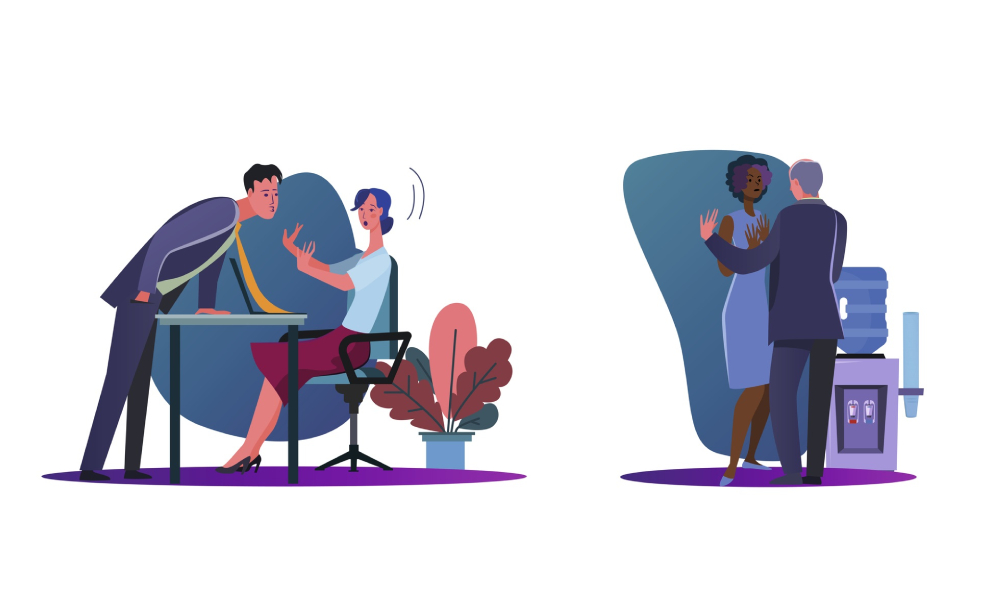‘Once they’ve been armed with a meaningful understanding of this issue with the first set of resources, then they’re empowered to seek remedial justice’

Harassment remains a blight in workplaces but one company is claiming a new app developed in partnership with Canada’s Department of Justice might help eliminate the issue.
Botler AI was launched in part due to one of the founder’s experiences in the past.
“Having dealt with harassment myself, and this was when I was a younger working professional, I’m really well-versed in the far-reaching impact these types of issues can have on every aspect of your life,” says Ritika Dutt, CEO of Botler AI in Montreal.
The web-based app works when a “user is anonymously asked a series of trauma-informed questions, which go with the flow of the conversation, depending on the scenario that you’ve described. It captures comprehensive details of the type of misconduct that they have experienced,” says Dutt.
The app suggests from a list of further resources what should be the next steps for the user, she says. “Botler analyzes the incident, and it identifies if there had been any specific acts of misconduct.”
Users are then given ways to contact the appropriate resource, whether it be a lawyer or a police official, “and they can then provide the user with additional support and advice on the next step,” says Dutt.
“The thought process is that once they’ve been armed with a meaningful understanding of this issue with the first set of resources, then they’re empowered to seek remedial justice directly, or through Botler’s referral partner network if and when they’re ready to do so.”
For Dutt, the tool is designed to help victims wrestle back some control over the trauma that can be a result of a harassment.
“You’re physically hurt or upset, you’re mentally feeling anguish: there’s shame, sometimes you’re humiliated, there’s confusion, you don’t know what to do, where to go, what’s happening. There’s self-doubt, often there’s self-blame: ‘Is this something that I brought on myself? Could I have avoided this? Is this my fault and I don’t have a right to say anything?’ That’s one side, but there’s also a lot of fear,” she says.
“Especially in cases where the person who is accused of committing the misconduct against you, if they are people in a position of power, there’s also fear of potentially standing up against the ‘establishment’ to try pursue your rights.”

Ritika Dutt
Botler for Citizens is available for use by any Canadian for free. It’s part of the justice department’s $50-million initiative to combat sexual harassment in the workplace that was announced in September 2019.
Next step for the company is launching Botler for Teams, which will be a workplace tool, says Dutt. “This is in line with the requirements for workplace violence and harassment prevention legislation, such as Bill C65; in Ontario, Bill 132; in Quebec, Bill 176.”
Sexual harassment remains persistent — even in the remote working COVID environment — and asking women to modify their dress for video meetings to be more provocative is still illegal, says a Toronto employment lawyer.




